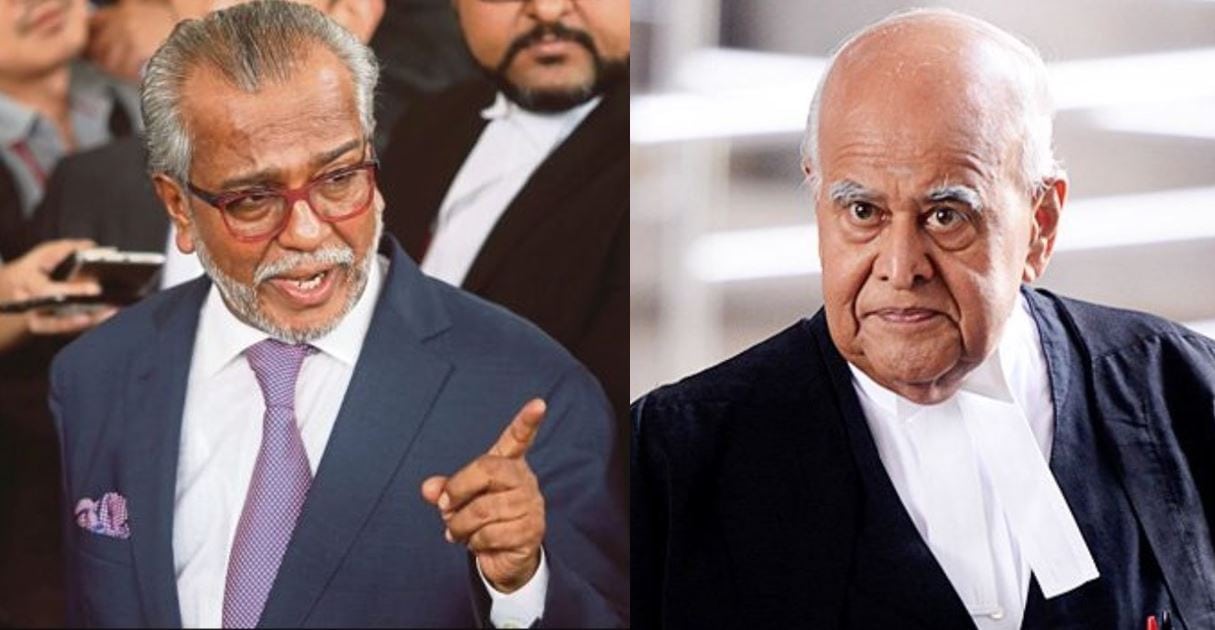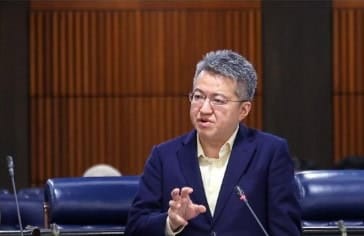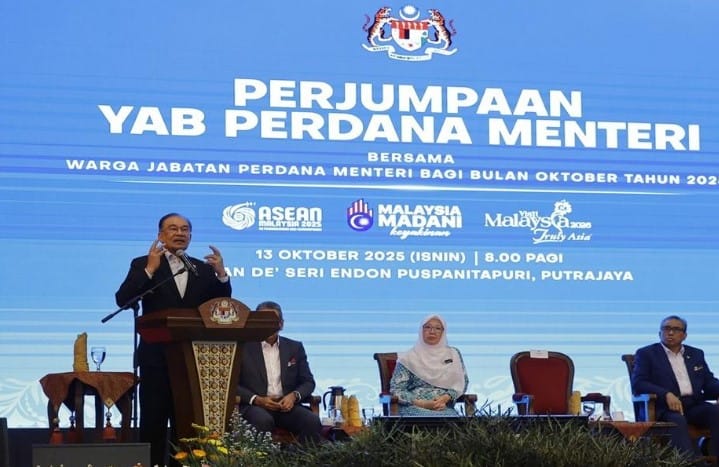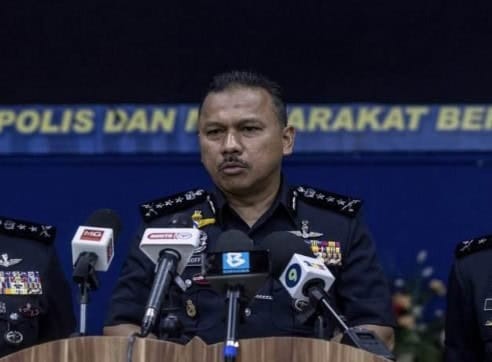

There has been much debate on the appointment of Dato’ Seri Gopal Sri Ram to lead the prosecution in the Attorney-General’s case against Umno lawyer Tan Sri Muhammad Shafee Abdullah.
Last week, Shafee was charged with four counts of money laundering and another two counts of making false declarations to the Inland Revenue Board with respect to the RM9.5 million which was paid to him from former prime minister Dato’ Seri Najib Razak’s personal accounts between September 2013 and February 2014.
Shafee’s immediate reaction following the announcement that the former Federal Court judge was to lead the prosecution was to say that he will apply to disqualify Sri Ram.
A question of fair trial
According to Shafee, he would not get a fair trial with Sri Ram leading the prosecution, because, among other things, the latter was the lawyer for PKR leader Datuk Seri Anwar Ibrahim in a suit against the government last year on the issue of the payment being linked to Anwar’s conviction for sodomy at the Court of Appeal in March 2014.
Incidentally, the AG’s Chambers has also appointed Sri Ram as an ad-hoc deputy public prosecutor together with Dato’ Sulaiman Abdullah in the case against Najib over criminal breach of trust involving SRC International Sdn Bhd, a former subsidiary of 1MDB.
NMT spoke to a senior lawyer, Dato Seri Rajan Navaratnam, who said: “whether or not Shafee will succeed in his application to disqualify Sri Ram from acting as ad-hoc DPP in his trial can only be determined by the Court after the Court is appraised of all the facts and materials that are presented”.
Not the first time
The appointment of ad-hoc DPP’s in this country is nothing new and has been done on several occasions in the past. Shafee being one example of a lawyer brought in from the private service to represented the Government in civil and criminal matters on an ad-hoc basis.
The Attorney General is vested with the power and discretion to appoint any person to act as ad-hoc DPP’s pursuant to Section 367(3) Criminal Procedure Code which states:
“The Public Prosecutor may appoint fit and proper persons to be Deputy Public Prosecutors who shall be under the general control and direction of the Public Prosecutor and may exercise all or any of the rights and powers vested in or exercisable by the Public Prosecutor by or under this Code or any other written law except any rights or powers expressed to be exerciseable by the Public Prosecutor personally and he may designate any of such Deputy Public Prosecutors as Senior Deputy Public Prosecutors.”
Uphold rights of the individual
Speaking on such appointments Rajan said: “Generally speaking, it must be remembered that public prosecutors are public authorities whom on behalf of society and also in the interest of the public, ensure that the application of the law especially in criminal cases where there are penal consequences, must take into account the rights of the individual and the effectiveness of the criminal justice system.
“Therefore, the challenge to any DPP, be it on an ad hoc basis or not, is to ensure equality before the law and be aware of all the relevant facts and circumstances including those affecting the accused notwithstanding whether those facts and circumstances are to the advantage of the accused.
“As far back as 1933, the Indian High Court had held that the duty of a public prosecutor is not merely to secure a conviction but also to bring to the Court’s attention all and every evidence that is in his possession whether it favours the accused or not and to allow the Court to decide on the evidence adduced,” he said.
No external influences
Rajan added that any person appointed must be able to perform their duties independent of any improper external influences.
According to him, the Indian Supreme Court had recently stated that public prosecutors should not be totally guided by instructions from the government and instead, they are expected to act as independent persons.
The appointment of any agents by the Attorney General must remain uninfluenced by personal interest of feelings, public or media pressures, any personal advantage, any possible political advantage or disadvantage and any other kind of improper discrimination.
So, the big question that the Court will have to address when deciding on Shafee’s application would be on whether Sri Ram could not only be independent but at the same time not rely on personal sentiment or any political influence in the case against the former.
-NMT





More Stories
Nation Recovers RM15.5 Billion Of Its Revenue, War Against Corruption And Cartels To Go On – Anwar
Budget 2026 Reflects Govt’s Commitment To Integrity, Curbing Leakages – Azam
Hannah Urges All Quarters To Let FAM Complete FIFA Appeal Process